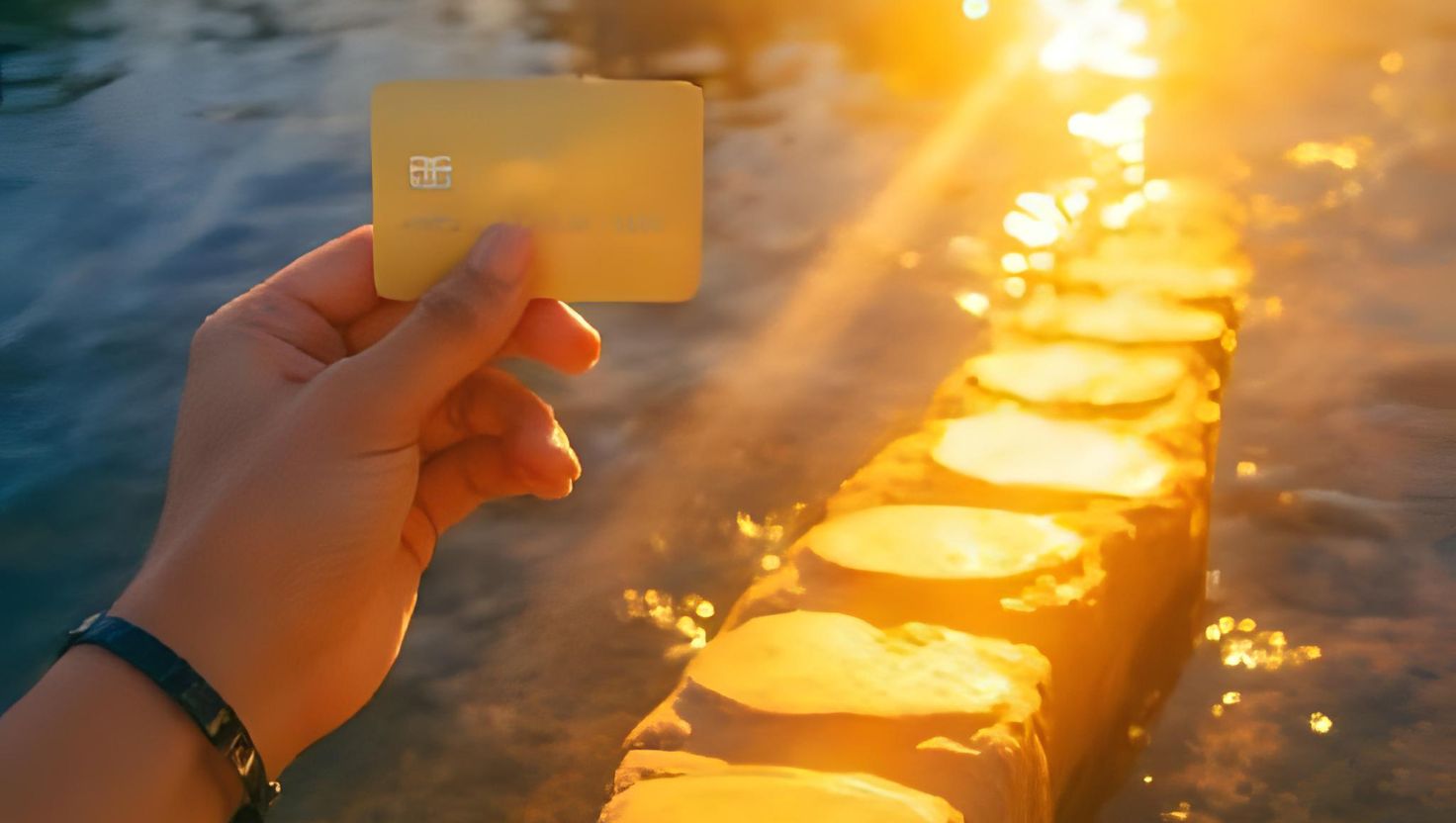Zero Credit History? Here's Your Golden Ticket to Financial Freedom (Even If Banks Have Rejected You Before)

Starting your credit journey can feel like trying to get a job without experience – everyone wants proof you can handle credit, but nobody wants to give you that first chance.
If you're one of the millions of Americans with zero credit history, you've probably felt this frustration firsthand.
But here's what most people don't realize: having no credit history is actually better than having bad credit history. You're a blank slate, and that makes you surprisingly attractive to the right credit card issuers.
Why Traditional Credit Cards Slam the Door on Beginners
Most traditional credit cards require what's called "established credit history." This usually means:
At least 6 months of credit activity
A FICO score above 600
Proof of previous successful credit management
Often, a minimum income requirement
When you have none of these, the automated systems simply reject your application. It's not personal – it's just how the system works.
The Hidden World of Beginner-Friendly Credit Cards
Fortunately, there's an entire category of credit cards specifically designed for people with no credit history. These are called starter cards or beginner credit cards, and they operate on completely different approval criteria.
Secured Credit Cards: Your Fast Track to Credit Building
The absolute best credit cards for beginners with no credit are secured cards. Here's why they're revolutionary:
How Secured Cards Work:
You put down a refundable security deposit (usually $200-$500)
This deposit becomes your credit limit
The card functions exactly like a regular credit card
Your payment history gets reported to all three credit bureaus
After 6-12 months of good payment history, many convert to unsecured cards
Top Secured Cards for Complete Beginners:
No annual fee
2% cash back at gas stations and restaurants (up to $1,000 quarterly)
1% cash back on all other purchases
Discover matches your cash back at the end of your first year
Minimum deposit: $200
No annual fee
Potential credit line increases after 5 months
Access to CreditWise credit monitoring
Minimum deposit: $49, $99, or $200
No annual fee
Reports to all three credit bureaus
Online account management
Automatic reviews for unsecured card upgrade
Student Credit Cards: If You're in School
If you're currently enrolled in college, student credit cards offer another excellent path:
No credit history required
5% cash back in rotating categories
Good Grade Rewards ($20 statement credit each school year your GPA is 3.0 or higher)
No annual fee
The Strategic Approach: Building Credit the Right Way
Getting approved for your first credit card is just step one. Here's the strategic approach successful credit builders use:
Month 1-3: Establish Payment History
Use your card for small, regular purchases ($10-50 monthly)
Set up automatic payments for the full balance
Keep utilization below 30% of your credit limit
Monitor your credit score using free tools like Credit Karma
Month 4-6: Optimize Your Usage
Increase spending slightly but keep utilization under 10%
Pay your balance before the statement closing date
Request a credit limit increase if available
Consider adding yourself as an authorized user on a family member's account
Month 7-12: Prepare for Graduation
Your FICO score should start appearing around month 6
Begin researching unsecured cards for your next application
Some secured cards will automatically review for graduation to unsecured
For a deeper dive into maximizing your credit building strategy, check out our comprehensive guide on advanced credit building techniques for new cardholders.
Alternative Options When Secured Cards Aren't Right
Store Credit Cards
Many retail store cards are easier to get approved for:
Target REDcard: Easy approval, 5% off Target purchases
Amazon Prime Store Card: Good for frequent Amazon shoppers
Walmart Credit Card: Decent rewards for Walmart purchases
Credit Builder Loans
Some credit unions offer credit builder loans:
You make payments on a small loan ($500-$1,000)
The money is held in a savings account
After completing payments, you get the money back plus interest
Payment history builds your credit
Red Flags to Avoid When Choosing Your First Card
Not all "beginner" cards are created equal. Watch out for:
High annual fees (over $50 for your first card)
Processing fees or setup fees
Monthly maintenance fees
Cards that don't report to all three credit bureaus
Predatory lending practices from subprime lenders
The Timeline: When You'll See Results
Here's the realistic timeline for building credit from zero:
Month 1: Card approval and first statement
Month 2-3: First payments reported to credit bureaus
Month 4-6: FICO score appears (usually 640-680 with good habits)
Month 8-12: Score stabilizes and improves
Month 12+: Ready for premium credit cards
Beyond Your First Card: The Long-Term Strategy
Your first credit card is just the beginning. After 12-18 months of responsible use, you'll be eligible for:
Cash back credit cards with higher earning rates
Travel rewards cards
Cards with premium benefits and perks
Higher credit limits and better terms
Action Steps: Get Started Today
Choose your first card from the options above
Gather required documents (Social Security number, income information)
Apply online during business hours for faster processing
Set up automatic payments immediately after approval
Download a credit monitoring app to track your progress
Remember, building credit is a marathon, not a sprint. The habits you develop with your first card will set the foundation for your entire financial future.
The best time to start building credit was yesterday. The second-best time is today.
